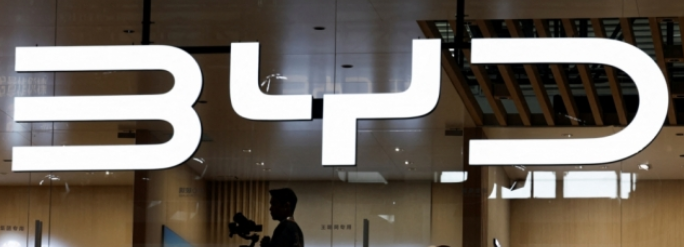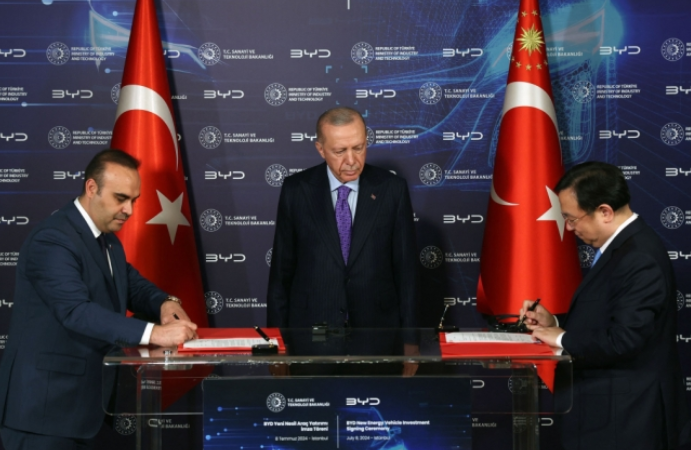
Chinese electric vehicle companies are reportedly setting up overseas factories to avoid additional Western tariffs such as the United States, the European Union, and Canada, and Chinese authorities are reportedly cracking down on technology leaks against their own companies.
Bloomberg quoted a source as saying on the 12th, “The Chinese government is encouraging its car manufacturers to export so-called knock-down kits to overseas factories. This means manufacturing major parts of vehicles such as electric vehicles in China and sending them to the final destination (overseas) market for final assembly.”
Concerned about the leakage of electric vehicle-related technology abroad, they demanded that important parts requiring advanced technology be produced only in China, and only final assembly should be done at overseas factories. A “knockdown kit” is a package of parts needed to assemble a product, which is usually manufactured in one country or region and then exported to another country and region for final assembly.

According to the sources, the Chinese government also urged people to be cautious in investing in overseas automobile industries. In particular, it ordered India not to invest in automobiles. “China’s Ministry of Commerce, in a meeting with more than a dozen of its own automakers in July, ordered them not to invest in Indian cars to protect technology in the Chinese electric vehicle industry and ease regulatory risks,” said the source, who asked not to be named. India and China have been tense since the armed conflict at the Himalayan border in 2020. The Ministry of Commerce also ordered a preliminary report to the Ministry of Industry and Information, which oversees China’s electric vehicle industry, and the Chinese Embassy in Turkiye regarding investment in Turkiye. “Currently, countries that ask Chinese automakers to build factories are usually those that are enacting or considering trade barriers for Chinese cars,” the source said at the meeting. Automakers should not blindly follow the industry’s (establishment of overseas factories) trend or trust foreign government requests for investment.
“The Chinese government’s recommendation comes as Chinese companies, including BYD, are actively pursuing plans to set up overseas factories such as Spain, Thailand and Hungary to avoid Western checks on Chinese electric vehicles,” Bloomberg said. “This could hurt companies’ efforts to globalize to find new customers to offset sluggish sales in the Chinese domestic market.” He added, “It could also affect European countries that expect job creation and regional economic stimulus by establishing overseas factories by Chinese automakers.”
BYADI, China’s leading electric vehicle maker, plans to invest $1 billion in western Turkiye to produce 150,000 cars a year and build an electric vehicle plant capable of employing up to 50 million people. In addition, Brazil is planning to increase the proportion of electric vehicle production and parts procurement. BYADI has easy access to the two markets by establishing a local plant, as Turkiye has a customs union agreement with the EU and Brazil has trade agreements with other South American countries. South American countries apply tariff-free policies to imported products that account for 50% of their parts.
SOPHIA KIM
US ASIA JOURNAL



